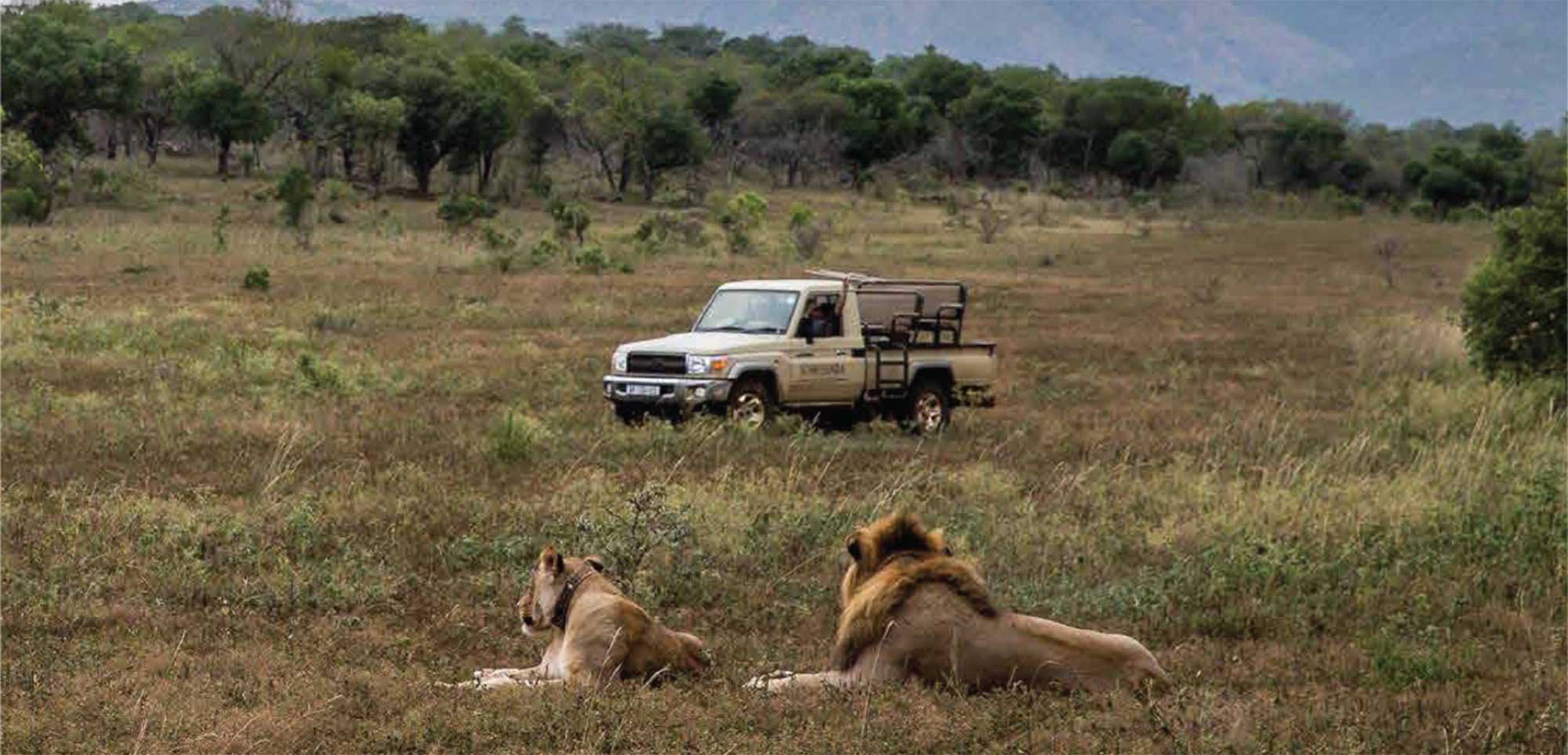
Goal
The short-term goal is to create a full game offering, upgrade the tourism facilities and train community members to manage all aspects of the reserve.
Investment Range / ROI
Public or Private Sector
This is a Private Sector Opportunity
Investment Readiness
Environment & Social Impact
SDGs
Investment Opportunity at a Glance
Land Ownership and Governance
Investment Opportunity Assessment
Wildlife Economy
Core Operations
- Hunting and hunting value chain
- Ranching and related value chain
- Safari and eco-tourism value chain
- Game meat value chain
Activities
Big 5 Game Reserve used for Game safaris and hunting activities.
Unprocessed game meat is sold at farm gate.
Ecotourism
Core Operations
- Accommodation
- Activities
- Safaris
Activities
The Site operational 6-unit lodge facilities with 12 beds, and camping facilities.
Birding, walking trails, and hiking are available.
Investment Opportunities
Investment Requirements
Value Proposition and Enablers
Business Operations
Primary Customers
Active Business Entities
About this Opportunity
The site is a BIG-5 game reserve offering a wide range of wildlife species (including, elephants, rhino, lions, leopards, buffalo, eland, kudu, gemsbok, waterbuck, wildebeest, impala and wild dog). Trophy and Biltong hunting are the major business activity, with the hunters also patronising accommodation and hospitality services offered through the 12-bed lodge and camping facility. Birding, walking trails, and hiking are also popular.
The Site has endangered species such as the wild dog, under a special protection program, with considerable investment being made into game stocking and fencing over the years and more game donations are still being canvassed.
At least 10% of all tourism revenue from the reserve, is transferred to the Gumbi community of approximately 20,000 people through the ECT, which allocates the funds for schools, creches,
clinics, cattle dipping programmes, and small-business opportunities.
The reserve currently employs 52 people from the community, all on short-term contracts, for such activities as alien bush clearing, are taken up by the community. The Department of Forestry, Fisheries and Environment also funds salaries of game guards through its Environmental Monitors Programme.Unprocessed game meat is currently sold at the farm-gate, at significantly lower unit prices than the retail market prices for processed and packaged game meat. Great potential for revenue growth and community development lies in the development of a through-put abattoir with distribution linkages at the retail end.
An old butchery with cold room facilities requiring upgrade and restoration exists at the site and can potentially be converted into a game meat processing plant with dual capacity to process both game meat and beef (and perhaps other commercial livestock), in order to optimise capacity utilisation.
Taxidermy, tanning and crafting of leather products are natural offshoot businesses that have been considered.













